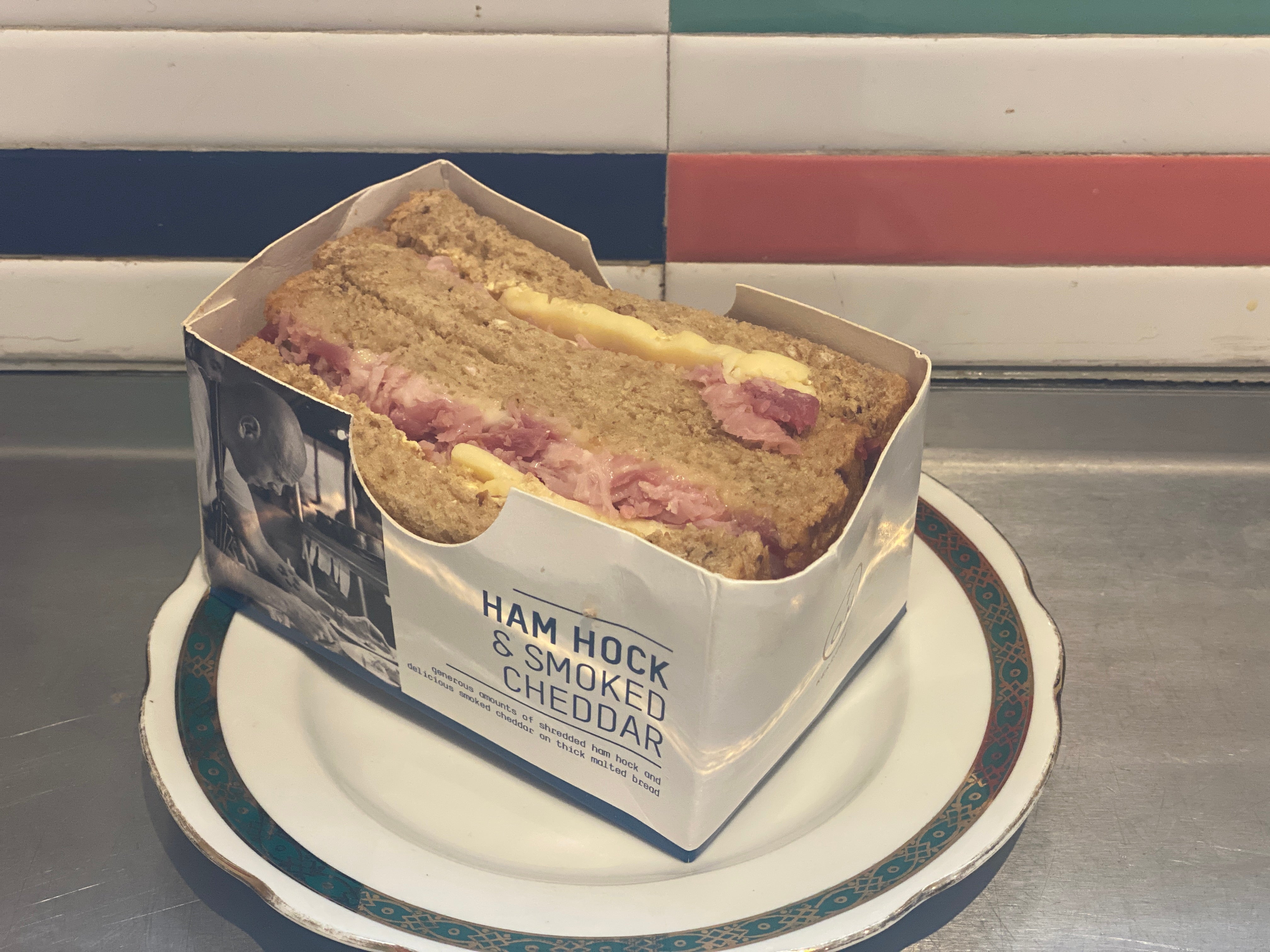Banned from EU: apples, beef, cheese and other items you cannot take in baggage
Many restrictions apply equally to trips from Great Britain to Northern Ireland

Your support helps us to tell the story
From reproductive rights to climate change to Big Tech, The Independent is on the ground when the story is developing. Whether it's investigating the financials of Elon Musk's pro-Trump PAC or producing our latest documentary, 'The A Word', which shines a light on the American women fighting for reproductive rights, we know how important it is to parse out the facts from the messaging.
At such a critical moment in US history, we need reporters on the ground. Your donation allows us to keep sending journalists to speak to both sides of the story.
The Independent is trusted by Americans across the entire political spectrum. And unlike many other quality news outlets, we choose not to lock Americans out of our reporting and analysis with paywalls. We believe quality journalism should be available to everyone, paid for by those who can afford it.
Your support makes all the difference.The UK’s decision to leave the European Union means travellers face bans on a wide range of goods.
As a Dutch television report showed, border officials have been confiscating sandwiches from motorists arriving in the Netherlands from the UK – with one frontier guard telling a driver: “Welcome to the Brexit, sir.”
Many items are now prohibited from travellers’ baggage from Great Britain (England, Wales and Scotland). These are the most significant rules.
What foods are banned?
“POAO” – products of animal origin – and most fruit.
The ban on meat and dairy extends to items such as cakes that contain fresh cream and confectionery “made with high levels of unprocessed dairy ingredients”.
There is an exemption for powdered infant milk, infant food, and special foods required for medical reasons; they must weigh less than 2kg and be packaged, proprietary brand products.
Other specific exemptions are "olives stuffed with fish” and “pasta and noodles, if processed or cooked (but not if mixed or filled with meat or meat products)”.
Vegetables and most fruit are also banned – though bananas, coconuts, dates, pineapples and durians are permitted.
Fish weighing up to 20kg are permitted, though for the specific case of sturgeon caviar the limit is 125g.
“Products other than those described above which do not contain meat or milk (eg honey)” are limited to 2kg.
What about duty-free?
The prices of alcohol and tobacco for UK travellers outbound to the European Union have fallen, because all sales are now duty free. But there are now strict rules on what you can bring in to the EU: one litre of spirits and 200 cigarettes (though only 40 to Estonia and Romania).
“Other goods” are limited to a total of €430 (£390) for travellers by air and sea.
Fuel?
You can carry up to 10 litres in a portable container, in addition to the fuel contained in your vehicle’s tank.
Returning to Great Britain, what new rules apply?
There are no significant changes. The UK government says: "You can bring meat, dairy [and] other animal products, for example, fish, eggs and honey.
“You can bring in any plants or plant products as long as they’re free from pests and diseases [and] for your own use or consumption.”
What is the effect on trips to Northern Ireland?
The rules above apply for journeys from Great Britain to Northern Ireland.
The duty-free regulations only affect goods bought free of duty elsewhere – for example if you buy in Dubai, fly to Manchester and transfer for a domestic flight to Belfast, you will be limited to a litre of spirits, 200 cigarettes and £390 in other goods.
What does the government say?
On 1 January the Northern Ireland secretary, Brandon Lewis, tweeted: “There is no ‘Irish Sea Border’.
"As we have seen today, the important preparations the Govt and businesses have taken to prepare for the end of the Transition Period are keeping goods flowing freely around the country, including between GB and NI.”



Join our commenting forum
Join thought-provoking conversations, follow other Independent readers and see their replies
Comments